Like most of us, I’ve been reflecting deeply on the unrest sweeping America and the entrenched social injustice that is igniting it.
As we face this moment of societal upheaval, I want to add my voice to those denouncing these injustices, and share my commitment to deep listening and reflection on the systemic roots of racial oppression, as well as committed action to bring about a whole system change.
As we’re all painfully aware, the events of the past two weeks have once again brought our collective attention to the reality of a brutal and systemic pattern with a long and tragic history.
They’ve also shed a spotlight on the pioneering work of racial justice activists past and present whose heroic efforts have brought about significant advancements, often at great sacrifice.
Yet at moments like this, when our collective lack of progress on such basic issues seems to dwarf any headway we’ve made, I know that many of us find ourselves asking what it’s really going to take to bring about fundamental and enduring change.
I’m an educated, successful white male in a society that privileges and elevates both whiteness and maleness. As such, I have benefited in countless visible and invisible ways from the very race-based systems of oppression that I’m denouncing.
Like many of you reading this, I am in a process of learning and listening with the goal of transforming my relationship to racial inequity and injustice so that I can be a more effective advocate, ally and agent of change.
So, as a humble student of these issues, I’m not writing today to share a comprehensive prescription for ending racism.
But, as a spiritual teacher and a student of cultural evolution, I’ve spent my life studying the mechanisms behind deep and fundamental change–how it happens and what obstructs it.
And it’s from this perspective that I’m writing today, to share some reflections that I hope might contribute in some small way to our collective journey toward a more just, humane and egalitarian future.
In response to the widespread protests, Barack Obama recently wrote: “If we want our criminal justice system, and American society at large, to operate on a higher ethical code, then we have to model that code ourselves.”
Our former president is touching on a fundamental truth about societal change that resonates deeply for me. And I would like to expand on it by adding the following:
Our society will never become an expression of our highest ideals until the people living in our society become an expression of humanity’s highest potentials.
In other words, as long as human behavior is largely driven by unconscious habit, primitive instinct and the brute self-interest of ego, we will not have an enlightened world.
As long as the majority of us see the world through the filters of unconscious bias, conditioned defense mechanisms and emotionally driven us vs. them programming, there will be an immovable constraint on our progress toward a fair and just social order.
To be clear, I’m not saying that the only way we can make social progress is to catalyze a global spiritual awakening.
Fortunately, history has shown us again and again that even a few conscientious people working in concert can make a big difference in the world.
So, we need to have faith that every action any one of us takes to raise awareness and stand for change adds momentum to the collective movement toward a more fair and conscious social order.
But it’s also important to remember that, at the root of everything, our consciousness shapes our behavior and our behavior shapes our society.
So, the work any of us does to awaken and evolve our consciousness may ultimately prove to be some of the most important and impactful work we can do.
That work might include specific practices and training to deconstruct bias or become more awake to the impacts of our own privilege or our participation in systems of oppression.
But if our goal is to truly live according to the “higher ethical code” Obama is calling us to, our work on ourselves must also include practices that address the very sources of human unconsciousness, bias and ignorance.
I’m talking about spiritual practices that enable us to truly break free from the grip of cultural conditioning itself, including those deep impulses of separation and division that lie at the heart of racism.
These practices reveal to us who we are beyond the constructed “false self” and open us to a way of living that is no longer driven by unconscious habit and emotional reactivity.
If you’re on a spiritual path, you’ve probably heard that the primary obstacle to awakening is the ego.
I would suggest that ego is also a major obstacle to overcoming racism.
The term ego is used in different contexts to refer to many different aspects of the psyche. So, let me take a moment to clarify what I’m referring to when I use this term.
When I or any other spiritual teacher speaks about the ego we need to transcend, we’re generally talking about your self-image. More precisely, ego is your attachment to your self-image. It’s your emotional investment in seeing yourself in a particular way.
Some of us are invested in seeing ourselves as kind and caring. Others of us are attached to seeing ourselves as smart or savvy. For others, our self-story is about being strong, courageous or powerful. And for many on the spiritual path, our self-image involves a belief that we are deep, reflective, compassionate, maybe even enlightened.
Whatever self-story we’re invested in, our ego’s job is to protect it, to defend it at all costs.
Not surprisingly, one thing social justice activists and educators often lament is how difficult it is to get white people to simply and honestly face their participation in a system that oppresses people of color.
Whenever I hear this, I find myself nodding vigorously. As a spiritual teacher, I’ve consistently found that without a dedicated and systematic effort to deconstruct our ego defenses, it’s nearly impossible to get any of us to face anything about ourselves that doesn’t match our self-image.
And how many of us have room in our self-image for the possibility that we might be participants in a system that harms others simply because they have a different skin color? Who has a self-image of being a racist?
In addition to preserving our self-image, another function of the ego is to keep us feeling okay, safe and in control.
This need to “have it all together” and feel in control is another reason the ego makes it so hard to grapple with our role in systemic racism.
If you’re a white person who has tried to educate yourself about white privilege and your role in perpetuating social and racial injustice, you may have noticed that there comes a point in the inquiry where you start to feel confused or draw a blank. You might have even found yourself going numb to the very thing you’re trying to feel and understand more deeply.
And while part of this can be explained as the ego’s attempt to preserve your self-image, I would argue that it also stems from the ego’s need to feel in control.
To even begin to meaningfully grapple with the deeply rooted and all pervasive influence of racial bias, privilege, and systematic oppression requires us to let go of the illusion of control, the belief that “we’ve got this.”
It calls us to recognize that we’re dealing with something much much bigger than ourselves and much more embedded than anything we can control through a simple shift in awareness or an act of personal will.
If you’ve ever found yourself wishing someone would just spell out a list of simple actions you could take to be a good, racially “woke” person, you were probably right up against what I’m pointing to.
When we really begin to open ourselves to the complex web of social and cultural forces driving racism, we are humbled by the realization that even with the best of intentions and a good deal of self-awareness, we might still go through our day perpetuating the system of injustice we are hoping to undo.
And because our ego can’t bear this lack of control, it will sabotage the inquiry, or block us from touching into or staying with the true complexity of the issue.
If you haven’t experienced this around the issue of race, perhaps you’ve seen it in your relationship to climate change.
Many of us have worked hard to reduce our personal carbon footprint, only to realize that the very act of living in our industrialized, fossil-fuel driven society is itself accelerating the planetary crisis we are trying to avoid.
Faced with this seeming powerlessness or lack of control, our ego gradually begins to check out, to cloud our thinking or find ways to avoid the issue.
In both of these instances, we are confronting what I would argue is ultimately a spiritual challenge: the need to leap beyond the ego’s agenda of self-preservation and discover a different way of being, which is grounded in the deeper truths of unity and interrelatedness.
This is, of course, the very leap that spiritual practices were designed to help facilitate.
But before I talk about how we can use spiritual practice to make that leap, there is one additional observation about race and ego that I want to share.
In addition to the ego functions we’ve already discussed, another key role the ego plays in the psyche is bolstering our sense that we are separate, special and unique.
One of the ways it does this is by highlighting differences between you and other people and using those points of difference as evidence of your uniqueness, specialness or superiority.
If this isn’t something you’ve already observed, just take a day to closely monitor your inner monologue and notice how this comparison system works whenever you encounter another person.
This is an example of what I call an Awakened Life Practice, and since I’m offering you a practice, let me also offer a few notes of guidance:
*Note 1: Your observations may reveal that you tend to see yourself as inferior to others more often than superior. If so, see if you can notice the subtle feeling of being special and unique that underlies even that sense of inferiority. The ego doesn’t really care if it’s better or worse, as long as it can be special and unique.
**Note 2: Because of the first ego mechanism discussed in this article (self-image preservation), even observing your own compulsive need to feel special and unique can be extremely challenging. (And, if that’s the case, then perhaps this could be a good place to begin the journey).
As for the role this need for specialness plays in racism, given that one of the easiest points of difference to identify is skin color, it stands to reason that at least one of the roots of racism lies in our ego’s primal need to use difference to elevate and differentiate our self at the expense of the other.
Like the other ego functions mentioned above, this mechanism no doubt evolved into existence because it served some function in ensuring the survival and proliferation of our genes. But presenting a specific “why story” or theory of evolutionary causality is beyond the scope of this article.
The important point here is that, again, when we look at the mechanisms that make it hard to come to terms with the injustices of systemic racism, we can see that, at least some of them are bound up in the very nature of the human ego itself.
And this is where spiritual practice comes in.
Spiritual practices were developed specifically to help people make the leap beyond the defenses, stories and attachments of the separate ego.
People today meditate for all kinds of reasons. But in its most essential form, meditation practice is a practice of relinquishing the ego.
If you’ve been following along with the practices I’ve been sharing on this blog over the past several months, you’ve experimented with practices that ask you to let go of the need for control, practices that invite you to relinquish the need for certainty, practices that open you to the discovery of your true nature beyond the mind, and practices that give you access to pure consciousness itself.
All of these practices are precisely designed to short-circuit the ego’s need for control, self-image preservation and specialness and open you to a completely different experience of self and a profound, awakened way of living that is no longer controlled by the ego’s primitive, unconscious agenda.
Indeed, when engaged wholeheartedly, authentic spiritual practice can propel us into the kind of exemplary human life we all aspire to—a life marked by wisdom, love, kindness, courage, compassion, sensitivity, creativity, generosity and immense spiritual power and inner strength.
This is the potential of a truly awakened life, and I believe that the more energy and commitment we all devote to this possibility, the sooner the world will become an expression of this potential.
This is why I felt compelled to write this article at this moment when so many of us are re-examining our relationship to race, white privilege, and social injustice.
I want to make it clear that I’m not saying that I think that spiritual practice is a substitute for the hard work of social justice reform or that it will by itself bring an end to racism.
But I am saying that without authentic spiritual practice, our efforts to genuinely come to terms with our participation in systems of oppression will be weighed down by the baggage of an outdated psychological operating system that we must find a way to leave behind.
I stand with those who are fiercely calling for rapid structural change, including new legislation, new training and accountability, and a holistic, systemic response to reverse the long shadow slavery has cast on our nation.
And as we face this moment of societal upheaval, I also want to remind us all that our awakening matters, because our spiritual practice is about much more than our personal liberation.
It is a critical contribution to the evolution of our humanity, which may ultimately be the deepest and most reliable foundation for lasting social change.
By Craig Hamilton
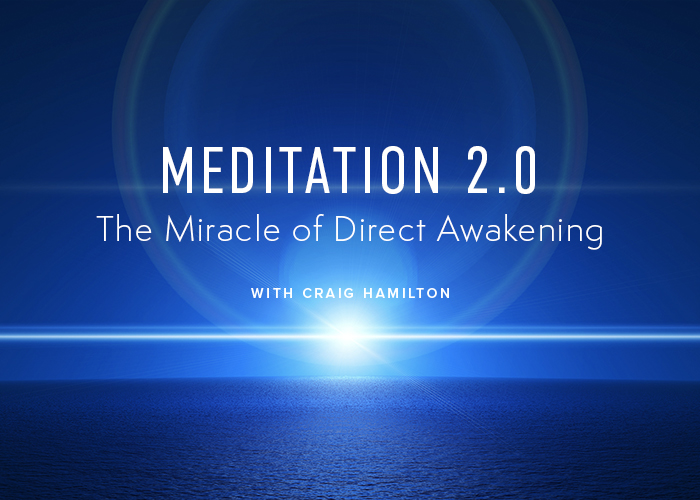
FREE MEDITATION WORKSHOP
Meditation was invented when humans still believed the world was flat. Is it time for an update to this ancient practice? In this free 90-minute workshop, you’ll experience a revolutionary new meditation process that gives you direct access to awakened consciousness.
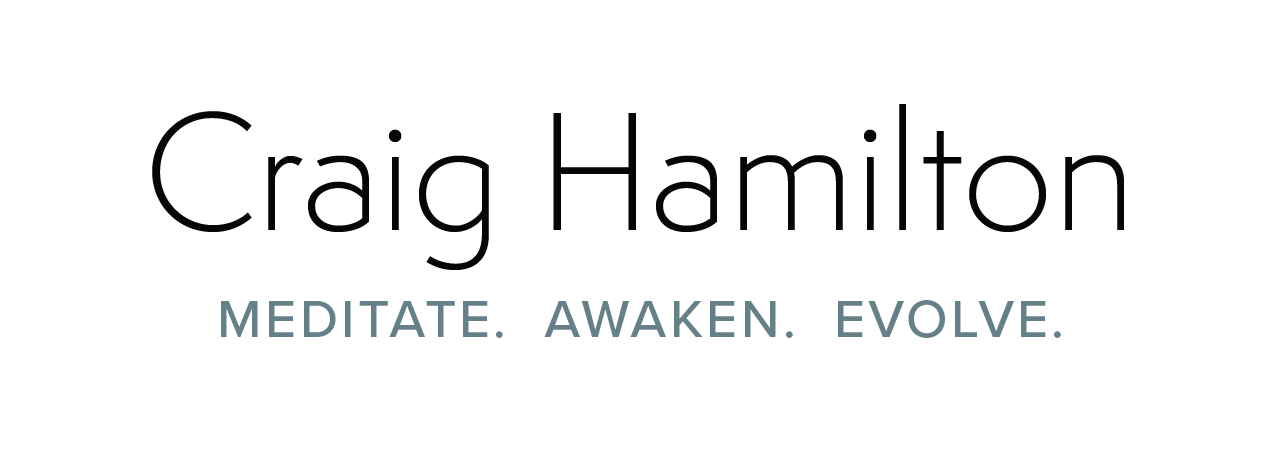

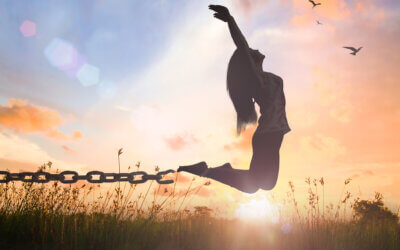

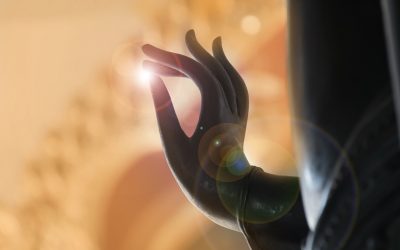
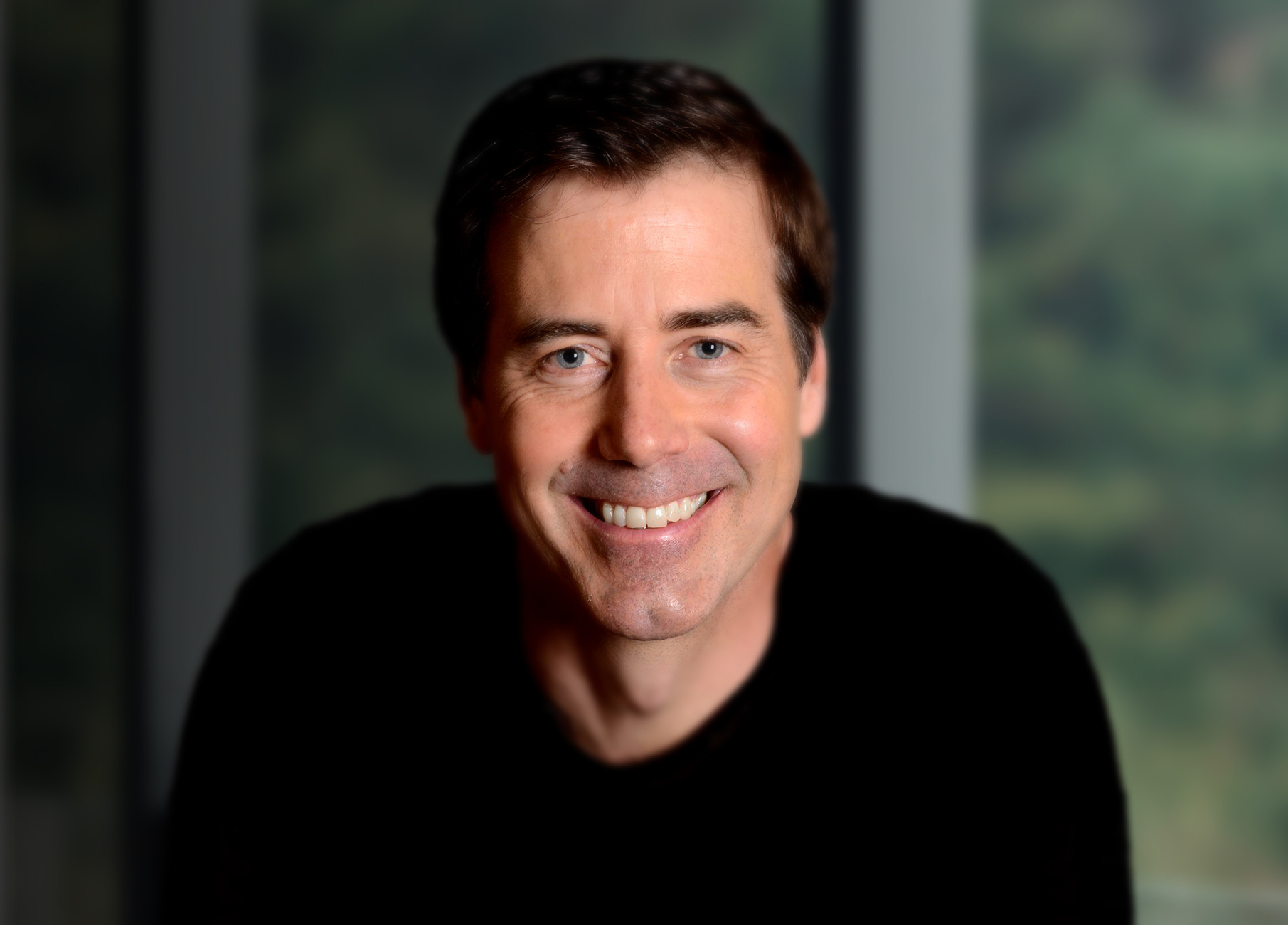





Craig, thank you for writing this article. It takes tremendous self-awareness to recognize the form of self-blindness that is racism. Racial bias is deep, global, and painful, but infinitely enduring. I was hoping you would be the first human being to actually “spell out a list of simple actions you could take to be a good, racially “woke” person”. And then I realized that would be as difficult as spelling out the simple steps you could take to be a good parent. Not simple at all.